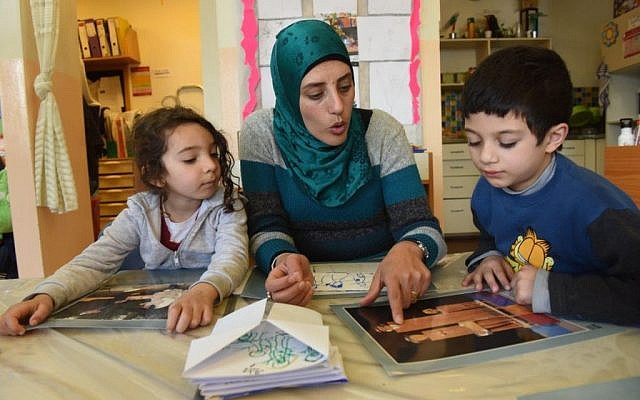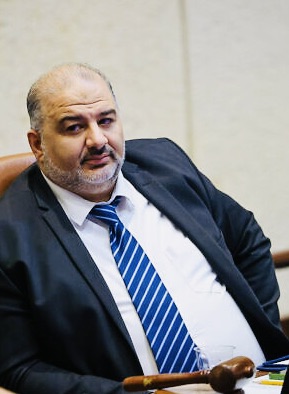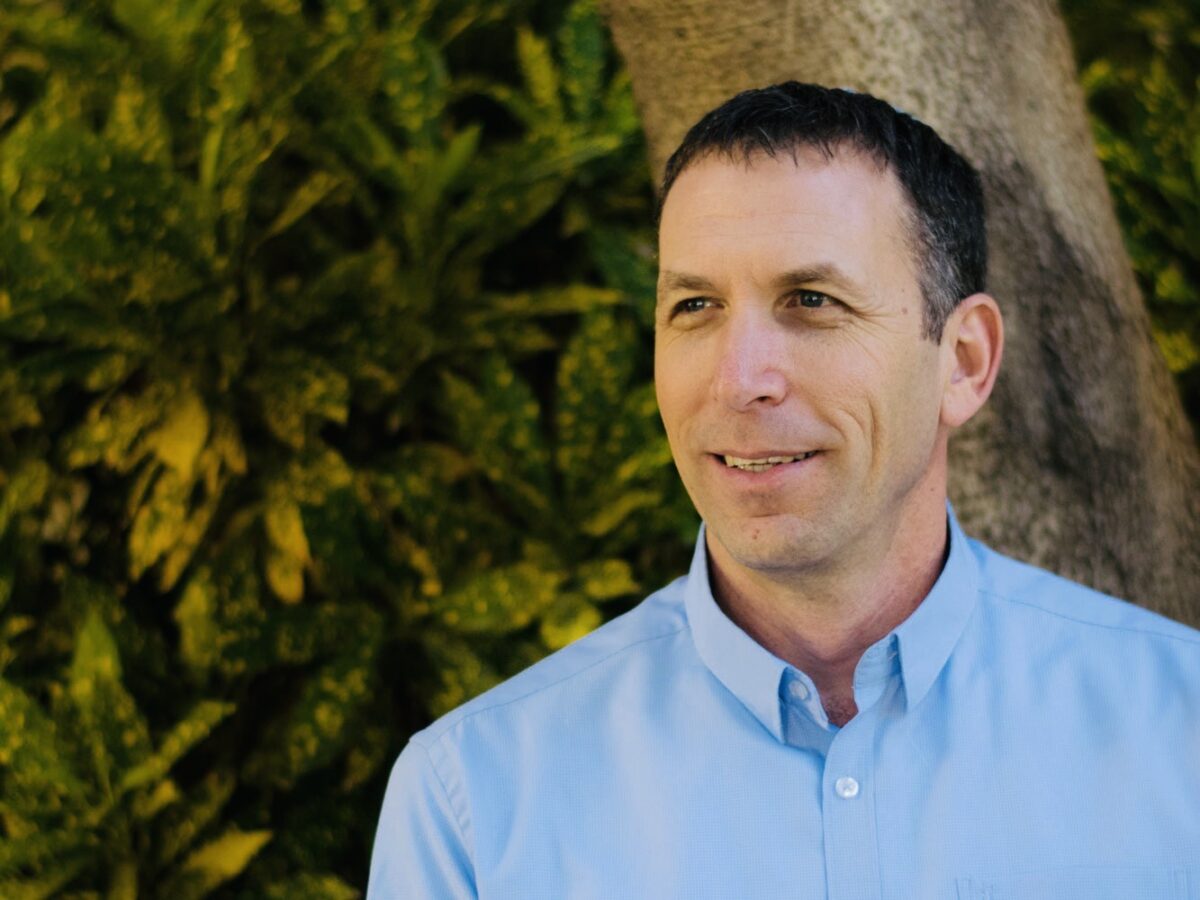There is a disconsolate strain of illiberalism in Israeli society that runs disturbingly deep.
Recently, Matan Kahana, the deputy religious affairs minister, told high school students in the West Bank settlement of Efrat that, if possible, he would transfer Israeli Arabs to Europe with the press of a “button.”
Kahana, a member of Prime Minister Naftali Bennett’s far-right Yamina Party, said, “If there were a button you could press that would make all the Arabs disappear, that would send them on an express train to Switzerland — may they live amazing lives there, I wish them all the best in the world — I would press that button.”
“There is no such button,” he added in a cautionary note. “Apparently we were destined to exist here (together) on this land in some form.”
Subsequently, Kahana said he had misspoken and admitted there is no alternative to coexistence.
Kahana’s outburst can only be described as inherently racist, smacking of a profound kind of intolerance normally associated with antisemites maligning Jews.

One can easily imagine what the reaction of decent people would have been if a European parliamentarian had advised the Jewish citizens of a given country to arrange their affairs, pack their bags, and leave on the next train, airplane or ship.
At the very least, there surely would have been an outpouring of indignation and anger. And the politician in question who had made such a vile and outlandish suggestion probably would have been censured or compelled to resign.
In Israel, disappointingly enough, the public response to Kahana’s outrageous comments was underwhelming.
Bennett remained conspicuously silent, as did his political associate, Foreign Minister Yair Lapid, and the rest of Bennett’s cabinet. The opposition leader, Benjamin Netanyahu, had nothing to say about the matter either.
As far as they were concerned, Kahana’s unacceptable remarks did not even register as a blip on the screen. For all intents and purposes, the issue he raised was insignificant and irrelevant.
Virtually the only parliamentarians who reacted publicly were Arab members of the Knesset, who represent the vast majority of Israel’s two million-strong Arab minority.
Walid Taha of the Ra’am Party put Kahana in his place when he retorted, “We are here because this is our homeland. You, and those who think like you, will continue to bear your frustration because we simply won’t disappear.”
Mansour Abbas, Ra’am’s leader and an outside member of the government, correctly pointed out that Kahana’s grudging version of coexistence is less than adequate.

“That’s not genuine tolerance,” he said. “We need to change our way of thinking and live together in the Holy Land out of choice. I want everyone to reach the conclusion that we need to live together even if we had a button. What’s worrisome isn’t the buttons we don’t have, but the buttons we do have — of violence and incitement — and that people are pushing them.”
Abbas went on to say that the only “buttons” he has been pushing since joining Bennett’s coalition last year are inscribed with the words “partnership” and “tolerance.”
These are words of wisdom.
Twenty percent of Israel’s population is composed of Muslim and Christian Arabs and Druze. They are among the native sons of Israel whose legitimacy as citizens cannot and should not be questioned, denied or undermined. To do so would discredit and destroy democracy and decency in Israel.
Politicians like Kahana are the gravediggers of the nation. Their reactionary views taint Israel’s image and damage the delicate fabric of Jewish-Arab coexistence.
